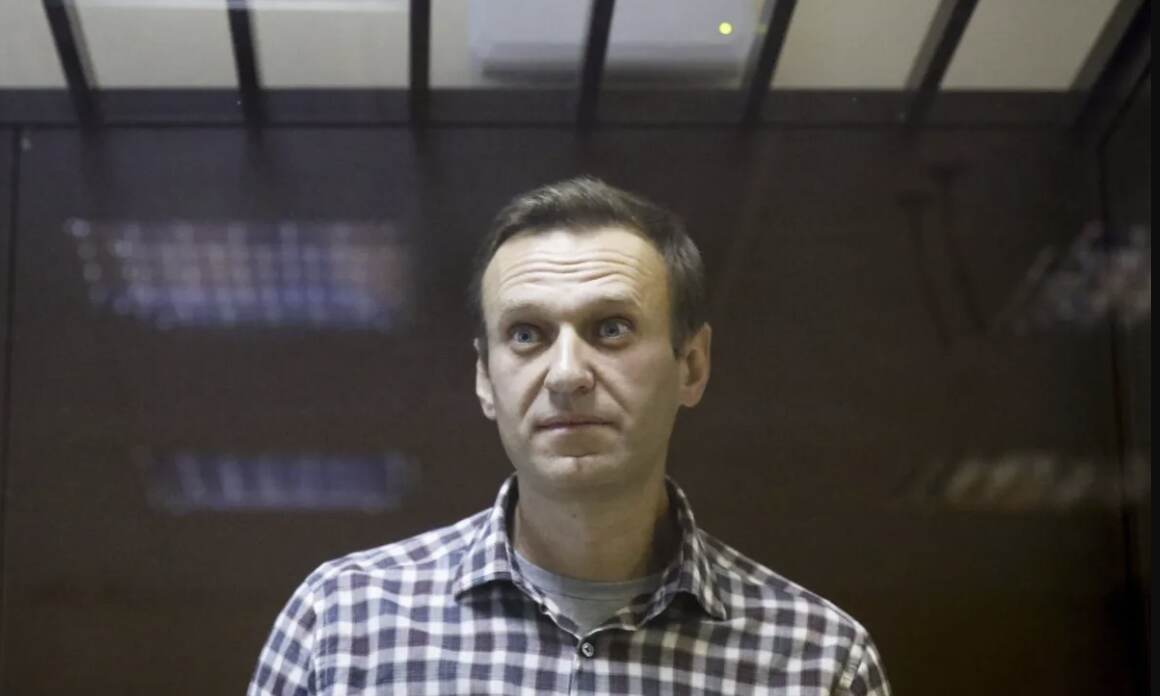Russian Opposition Leader Navalny Faces Uphill Battle: 20 More Years in Prison for Exposing Corruption
Russian opposition leader Alexei Navalny could face an additional 20 years in prison on charges related to his anti-corruption work, revealing high-level corruption within the Russian government. Critics claim the charges are fraudulent and an attempt to silence political dissent.
Russian opposition leader Alexei Navalny may face an additional 20 years in prison, according to prosecutors. The anti-Kremlin leader is currently serving a nine-year sentence for fraud charges and parole violations. The new charges stem from his political anti-corruption work, which revealed high-level corruption within the Russian government.
Navalny's allies have claimed that the charges are fraudulent and seek to criminalize his past political conduct. Navalny is accused of extremism and other charges related to his involvement with the Anti-Corruption Foundation (FBK). The FBK was declared extremist, banning all its activities in Russia. Navalny has sarcastically referred to his trial, stating that lyrics from a rapper and a cryptopayment attempting to tie him to American billionaire Warren Buffet were presented as evidence.
Despite expecting a sentence of 15-20 years, Navalny remains optimistic about the future of Russia. The trial, which began on June 6, has faced criticism. Navalny's legal team requested a change of venue to Moscow, but their motion was rejected. The trial is being held behind closed doors in a makeshift courtroom at the penal colony where Navalny is being held. The European Union has recently added the chief of the Russian prison camp to its sanctions list.
Navalny is currently serving his sentence in a maximum-security penal colony for prior charges. He was arrested in January 2021 upon his return to Russia from Germany, where he had been undergoing treatment for a near-fatal poisoning with a nerve agent. Navalny has been outspoken against the Russian government, exposing official corruption and organizing anti-Kremlin protests. His arrest and subsequent trials have been seen by many as a crackdown on dissent in Russia.




